
The Federal Competition and Consumer Protection Commission, FCCPC, gave a month's notice to traders and other market stakeholders involved in exploitative pricing to crash the prices of goods.
The Executive Vice-Chairman of the FCCPC, Mr. Tunji Bello, gave the order at a one-day stakeholders' engagement on exploitative pricing yesterday in Abuja.
According to Bello, the commission will begin enforcement after the expiration of the notice.
He said the meeting was to address the growing trend of unreasonable pricing of consumer goods and services and unwholesome practices of market associations.
Bello said: "The issue of critical national importance of the day is the growing trend of unreasonable pricing of consumer goods and services across the country, and the unwholesome practice of market associations engaged in price fixing.
''As a responsive organization, we have carried out discreet market surveys extensively across the country in the past few weeks. Our findings are quite disturbing, to put it mildly. Therefore, our gathering here today (yesterday) is to underscore the gravity of the situation and the urgency of the need to work together to check this unwholesome development.
"As a statutory body whose mandate is to cater to consumer rights, we cannot allow this unhealthy trend to continue. To be sure, we quite recognize that an unfavourable exchange rate has negatively impacted the cost of production in local currency. However, the margin in pricing goods and services is unreasonable or excessive in a few cases.
''We have observed, for instance, that the margin in the prices of imported goods are very disproportionate in many cases; and in the case of locally produced goods, excessively inflated. This is an untenable situation, particularly in the retail segment, where we have identified patterns of price fixing perpetrated by some market associations, price gouging, and other anti-consumer practices.
Widespread price fixing
''For proper understanding, price fixing refers to an unholy agreement between competing businesses to set prices at a certain level. This can be done either explicitly or implicitly, and it prevents healthy competition that is otherwise expected to drive prices down and improve quality.
''Price gouging on the other hand occurs when sellers significantly increase the price of goods or services during a crisis or a period of economic challenge. This practice takes undue advantage of consumers.
''To illustrate, let me give you some glimpses of our findings. For instance, our check just two days ago at a popular supermarket chain in Texas, United States, revealed that a fruit blender called Ninja, is displayed on the shelf at $89 (roughly N140,000), just two days ago.
''Meanwhile, the same product was displayed at a popular supermarket on Victoria Island in Lagos for N944,999 on the same day and at the same hour. This represents more than 500 per cent inflation of the cost.
''Interestingly, when our undercover officer visited the same supermarket two weeks earlier, this same blender was on display with the price tag of N750,000.
''The question then arises: what is the basis for this arbitrary hike in the price of the blender, compared to the United States? What business principle can justify this level of profiteering?
''Perhaps, I should cite a few more of the unpleasant discoveries we made during our investigation. In some notable supermarkets surveyed discreetly in Abuja, Kano, Port Harcourt and Lagos, we also found that prices were arbitrarily jerked up from time to time without any justifiable reason.
''In one particular big supermarket in Abuja, for instance, consumers were being charged N2,600 for an imported toilet soap at the payment point as the price tag was not displayed as earlier mandated by FCCPC. The same toilet soap was displayed for sale at N1,950 at a popular supermarket in Lekki, Lagos, the same day. That already constitutes a double offence.
"From our findings, the penchant to hike prices arbitrarily is also common among sellers of food items and transport operators. When the foodstuff sellers were engaged, their common response was that the cost of transportation had increased.
''But how justifiable is it for the tomato seller to double the price of a basket of tomatoes simply because they paid higher transport fare? Whereas the price of the same basket of tomatoes was far cheaper at another market within the same jurisdiction surveyed by our field officers. Now, the question: did the seller who sold at a lower price not also pay the transport fare?
'How price-fixing happens'
''In a typical foodstuff market environment, this is how price fixing happens. A trailer-load of yam tubers arrives at Wuse market in Abuja from, say, Benue State. Rather than allow free trade, the market cartel then inserts themselves between the produce farmers and the retailers.
''They buy in large quantities from the producer at cheap rate and, in turn, sell to market retailers at much higher price. And the retailers, in turn, sell to consumers at cut-throat rate.
''Such price fixing is no longer acceptable and FCCPC will, henceforth, crack down on those involved in this profiteering scheme.
''In the case of public transportation, again how justifiable is it for the bus driver to double their fare simply because they paid slightly higher for petrol? Of course, this will only result in a spiral of arbitrary hike in the prices of other services.
''The landlord who pays more for transport will probably seek to double their rent as a survival strategy. The school-owner asked to pay higher rent will also likely increase fees they charge students. That way, we all end up being losers with the cost of living becoming unbearable for everyone.
''In view of the current situation in Nigeria, let me, however, be very unequivocal. Price gouging and price fixing are not only unethical, but patently illegal under the FCCPA. As such, the FCCPC has the will and the capacity to invoke the full weight of the law against those found culpable of exploiting consumers.
"However, our approach today is not punitive or adversarial. To start with, we intentionally resolved to withhold the names of the aforementioned errant supermarkets, believing that, after this exposition, they will turn a new leaf and adjust their prices downward to a reasonable level.
''This approach is borne out of our conviction that dialogue and collaboration are equally important tools in fostering a fair marketplace. We believe that through constructive engagement, we can establish a framework for reasonable pricing that benefits all stakeholders, particularly the consumers who are the backbone of our economy.
''Please note that this new initiative by the FCCPC aligns with the renewed hope agenda of President Bola Tinubu, which prioritises the welfare of the Nigerian people in all economic activities. We are determined to uphold this agenda by ensuring that market practices do not exacerbate the economic challenges faced by our citizens at this time.
''Good enough, as a sensitive leader who cares for the welfare of the citizens, President Bola Tinubu has already graciously taken some pragmatic steps to ease food security in the country, including the provision of fertilizer to farmers as well as removal of tariffs on the importation of selected staple food items.
''It is only just and reasonable that distributors and traders pass down the gains to Nigerian consumers by reducing prices in the coming weeks.
''As we move forward, I therefore call on all stakeholders to embrace the spirit of patriotism and cooperation. Let us talk to ourselves. The law empowers the commission to impose heavy fine for breaches and also prosecute offenders which could lead to jail terms.
''For instance, Section 107 (4a.) of FCCPA clearly states: "Where the undertaking is a natural person, is liable on conviction to imprisonment for a term not exceeding three years or to payment of a fine not exceeding N10,000,000.00 (N10m) or to both the fine and imprisonment.
''Section 107 (4b.) also states that, "Where the undertaking is a body corporate, is liable on conviction to a fine not exceeding 10% of its turnover in the preceding business year.
"But in the spirit of democracy, we are first exploring the option of dialogue. It is also in this spirit that we are giving a moratorium of one month (that is, September) before the commission will start firm enforcement. Let us work together to create a marketplace that is not only competitive but also fair and just.
''The FCCPC is committed to continuing these dialogues, monitoring compliance, and taking decisive action where necessary.''
Why prices go up, by sellers
Some of the market stakeholders who spoke at the engagement, said high cost of transportation, insecurity, multiple taxation, among others, were reasons for the continuous increase in prices of goods and services.
Mr Ifeanyi Okonkwo, the Chairman, National Association of Nigerian Traders, FCT chapter, said charges on imported goods at the ports had also contributed to the hike in prices.
Okonkwo appealed to the commission to set up a taskforce and involve the association in its enforcement.
Mr Emmanuel Odugwu from Kugbo Spare Parts market, said the initial cost of transportation of a trailer load of tyres from Lagos to Abuja was N450,000, noting it now cost over one million naira to transport same.
Ms Kemi Ashiri, the Liaison Manager, Flour Mills, said fines by regulators need to be harmonised for businesses to thrive.
Ikenna Ubaka, who spoke on behalf of supermarket owners, alleged that banks' interest rates to them were over 30 per cent, and that rent increments and hike in prices by distribution/ supply chains were reasons for the high cost of goods.
Ubaka also alleged that electricity distribution companies were charging supermarkets exorbitantly.
Mr Solomon Ukeme, who represented Master Bakers Association, said rapid increment of major ingredients such as flour, sugar and butter, contributed to the high cost of confectioneries.
He said a bag of flour formerly sold for N34,000, was now being sold for N74,000, noting also that multiple taxation remained the major cause for the high cost of bread.
Price reduction, a mirage unless insecurity, high transportation costs are reduced - TUC
Reacting to the development yesterday, 1st Deputy President, Trade Union Congress of Nigeria, TUC, Dr. Tommy Okon, said until the issue of insecurity and high cost of transportation of goods and services were addressed, any talk of reduction of price within a month or more would be a mirage.
''Farmers pay to access their farms and also pay for transportation as well as extortion by security agencies and touts along the highways. All these are factored into the prices of goods. Until all the variables are addresed by government, there is no way prices of goods will come down..''
'Direct price control can create shortages'
Reacting, Clifford Egbomeade, Public Analyst and Communications Expert, said: "The Federal Competition and Consumer Protection Commission's initiative to force traders to lower prices, amid inflation and economic hardship, while well-intentioned, could have unintended consequences.
''Direct price controls often disrupt the natural balance of supply and demand, leading to potential shortages as traders might find it unprofitable to sell at the mandated prices. This kind of intervention risks distorting the market and may not address the root causes of inflation.
"For small and medium-sized enterprises, SMEs, which typically operate with slim profit margins, such controls could be particularly damaging. Many SMEs might struggle to sustain their businesses under enforced price reductions, leading to closures and job losses, which would have a broader negative impact on the economy.
''The informal sector, a significant part of the Nigerian economy, could be disproportionately affected by these measures."A more sustainable approach might involve strengthening social safety nets and improving supply chains to reduce costs naturally. Supporting local production and implementing targeted subsidies for essential goods could also help mitigate the impact of inflation without distorting market dynamics.
''Ultimately, while the FCCPC's efforts may provide temporary relief, addressing the underlying economic factors driving inflation would lead to more lasting solutions."
FG has no right to force traders to crash prices- Barr Onwuka
In her reaction, a human rights activist, Barrister Charity Onwuka, said: "This is very appalling really, another mess up by the APC-led administration.
The federal government has no right whatsoever to force traders to crash prices because the traders bought the commodities or items at a very high rate. According to her, this will lead to artificial scarcity because traders will rather hoard their goods than sell at a very low rate to their detriment.
She said: ''The government should rather have a more practical and pragmatic approach to resolve the inflation in the economy.
''As a citizen of Nigeria, I suggest, as is being widely advocated, that the cost of governance should be crashed to the barest minimum and experienced economic experts should be consulted to advise on the way forward, rather than compensating political faithful and family members by giving them key positions wherein they can't make positive impacts for the good of everyone in the country!"

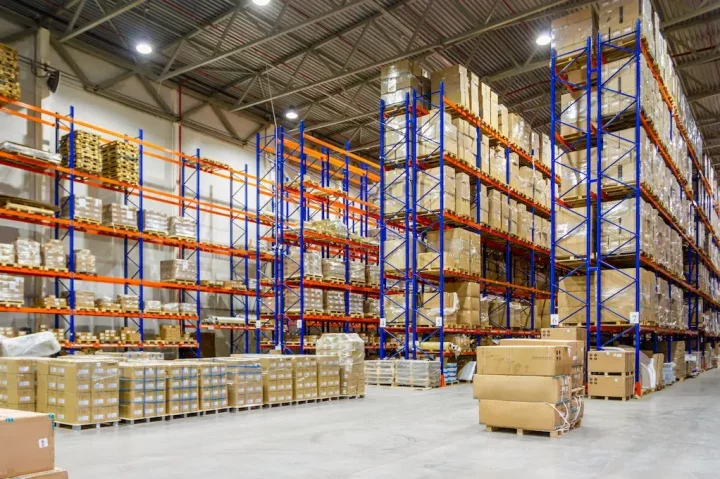

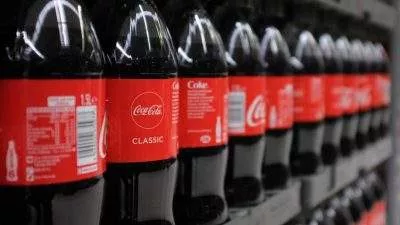
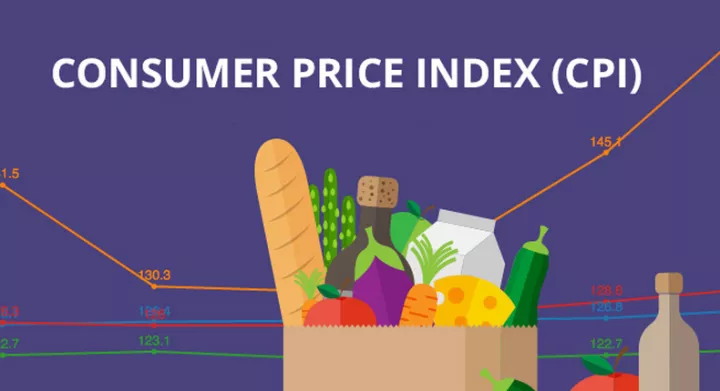
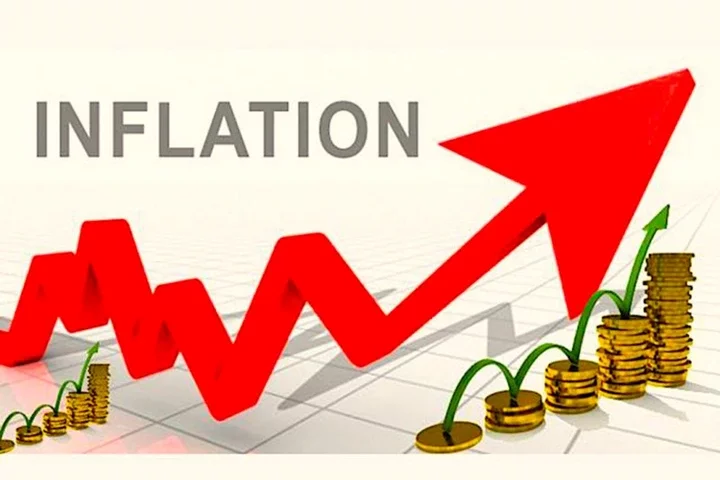
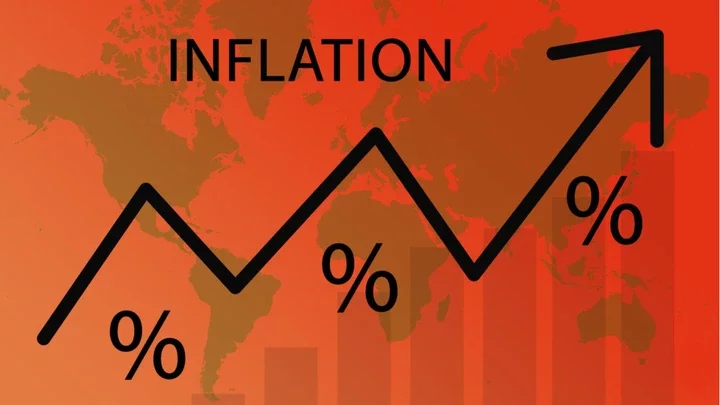










Comments